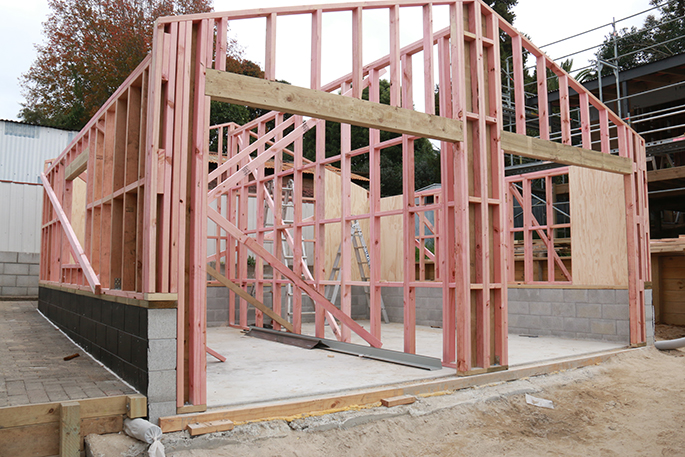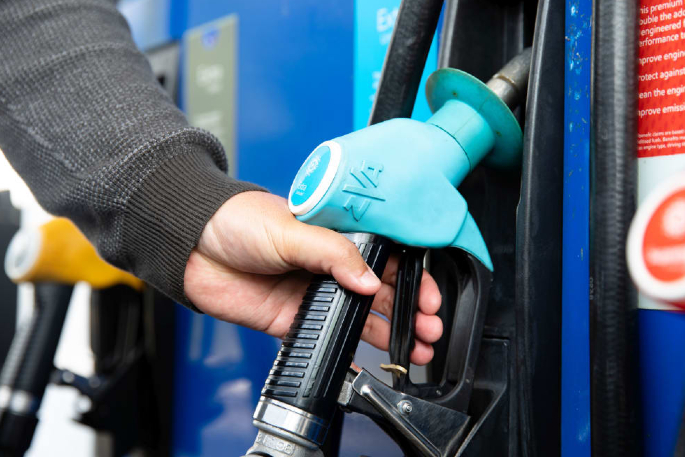Annual inflation in New Zealand remains relatively unchanged, according to Stats NZ.
The latest figures released today, show the consumer price index increased 7.2 per cent annually in the September 2022 quarter.
The 7.2 per cent increase follows an annual increase of 7.3 per cent in the June 2022 quarter, and an annual increase of 6.9 per cent in the March 2022 quarter.
The main driver for the 7.2 per cent annual inflation to the September 2022 quarter was housing and household utilities due to rising prices for construction, rentals for housing, and local authority rates.
Prices for the construction of a new house increased 17 per cent in the September 2022 quarter compared with the September 2021 quarter.

'The cost to construct a new house has continued to rise with supply-chain issues, labour costs, and higher demand, all of which combine to push up prices,” says prices senior manager Nicola Growden.
'The 17 per cent annual increase in construction of a new house in the September quarter follows 18 per cent annual increases in both the June and March 2022 quarters.”
Rental prices for housing had an annual increase of 4.6 per cent in the September 2022 quarter.
This follows an annual increase of 4.3 per cent in the June 2022 quarter.
Local authority rates had an annual increase of 7.3 per cent in September 2022 quarter. This compares with a 7.1 per cent annual increase in the September 2021 quarter.
Rates are captured once a year in the September quarter, as this is when ratepayers see price changes set by councils, says Stats NZ.
How housing costs are measured in consumer price indexes at Stats NZ has more information on how housing is captured in the consumers price index.
After housing and household utilities, the next largest contributor to the annual increase was from the transport group, due to higher prices for petrol and diesel.

Petrol prices increased 19 per cent in the year to the September 2022 quarter. Diesel prices increased 72 per cent over the same period.
Infometrics economist Brad Olsen describes the figures as 'alarming”.
He says interest rates will need to move higher and faster to combat pervasive pricing pressures across the domestic economy.
'There is no question now that the official cash rate will rise further, and the Reserve Bank will need to weigh up how to get stubborn inflation under control.
'A 75 basis point rise in November is now a leading option for the bank.”
That would take the OCR to 4.25 per cent.
For the Reserve Bank, the average annual rise in prices of goods and services whose prices are largely determined locally rather than overeas – so-called 'non-tradeable inflation” – climbed to 6.6 per cent from 6.3 per cent the previous quarter.
That is the largest rise since Stats NZ began collecting comparable statistic in June 2000 and is likely to cement expectations that interest rates are likely to rise significantly higher.
Quarterly inflation at 2.2 per cent
The consumers price index rose 2.2 per cent in the September 2022 quarter compared with the June 2022 quarter.
Stats NZ says this is mainly influenced by the food group and the housing and household utilities group.
In the September 2022 quarter, compared with the June 2022 quarter, vegetable prices rose 24 per cent.
'This is the largest quarterly rise in vegetable prices since the series began in September 1999,” says prices senior manager Nicola Growden.
'Tomatoes, lettuce, and broccoli drove this rise in vegetable prices.”
Transport was also a main driver of the quarterly rise driven by international airfares. This was partly offset by a fall in petrol prices.
International airfares rose 20 per cent in the September 2022 quarter compared with the June 2022 quarter.
Annually, they fell 8.4 per cent in the September 2022 quarter compared with the September 2021 quarter.
In 2020, Stats NZ reduced the weights of international and domestic airfares and overseas accommodation in response to reduced consumer spending due to Covid.
Stats NZ has reviewed these weights every year since June 2020 to better reflect the continuing change in consumer spending, and in in 2022 increased the weights of international and domestic airfares and overseas accommodation as consumer spending in these areas has increased.
Price index methods – updates for the September 2022 quarter has more information on the reweight.
Prices for petrol fell for the first time since the June 2020 quarter. In the September 2022 quarter the price of 1 litre of 91 octane petrol fell 4.2 per cent to $2.72 compared with $2.84 in the June 2022 quarter.
Diesel prices rose 2.5 per cent to $2.64 in September 2022, compared with $2.57 in the June 2022 quarter.
-Additional reporting by Tom Pullar-Strecker/Stuff.



1 comment
No surprises
Posted on 18-10-2022 13:14 | By Kancho
And it's not going to change for along time. When you print money and also borrow 60 billion dollars and then spray it around and on silly ideological policies. Everything feeds into inflation and price increases so cut backs and much better targeting if spending where it's needed most. Sadly every day we see failures, poverty, child harm, crime, housing, health, roaring , infrastructure mental health. Immigration, staffing even though work ready benefits are 60 percent up to over 100,000 with this government , Meanwhile money pours out to consultants on ridiculous notions that never fly . So much wasted money a very long list. And so much bureaucracy growth too
Leave a Comment
You must be logged in to make a comment.